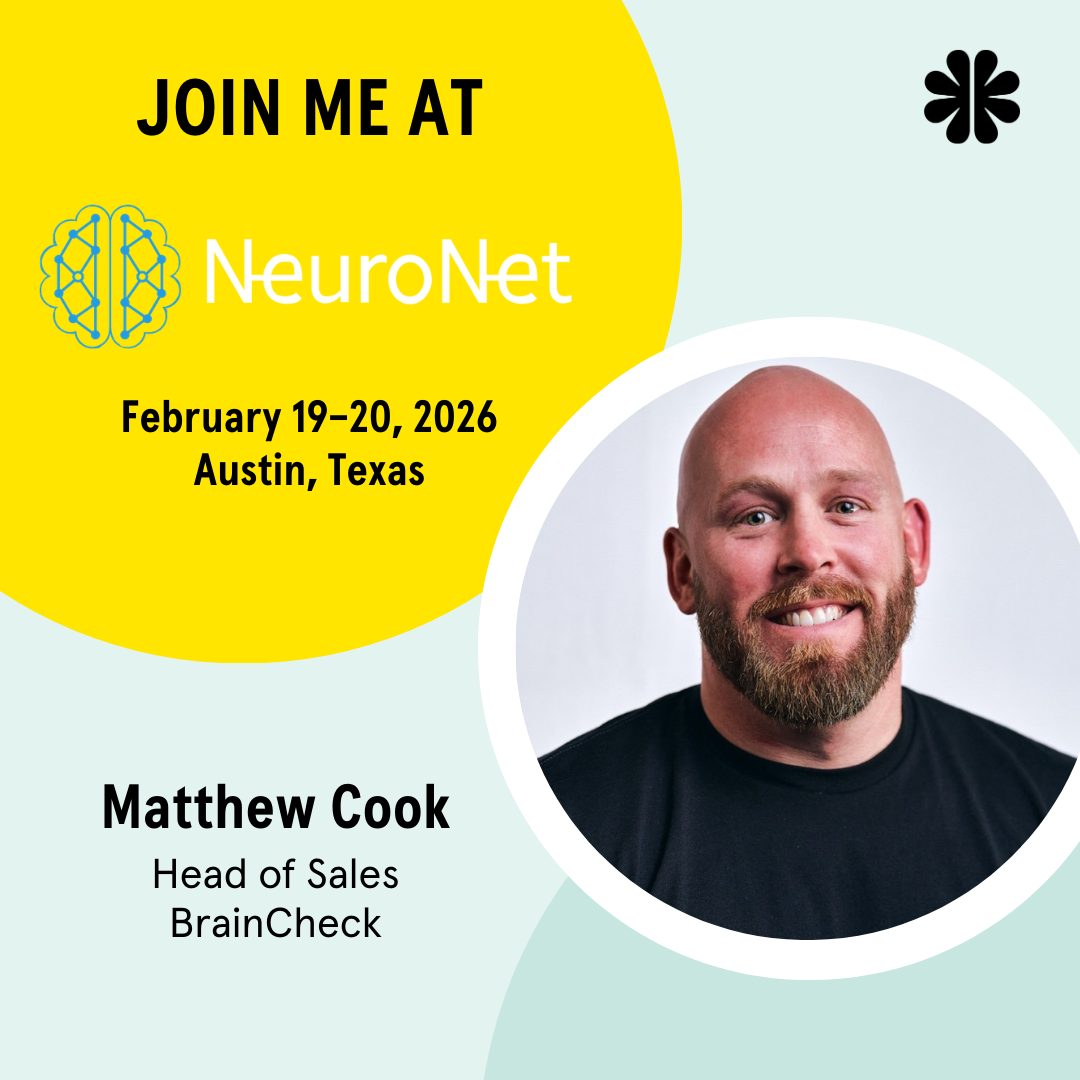Video transcription
We live in an age of innovation. Combined with our desire to self-track, self-assess, and self-improve, this gives us the ability to monitor our own physical and cognitive health. Neurocognitive tests (part 1) are a noninvasive way to get a detailed view of how your brain is doing along multiple axes.
Neurocognitive testing can be used when things go wrong — when we suspect brain injury or disease. But we can also use different neurocognitive tests (part 2) to benchmark, track, and measure our own cognitive health (part 3).
With frequent neurocognitive testing, you are immediately able to see if your reaction time or memory, for example, has changed, which empowers you to do something with that information.
69% of U.S. adults keep track of at least one health indicator. Weight, diet and exercise are the most common things to track, followed by blood pressure, headache and sleep patterns.
Most people still keep track of themselves in their heads, or in a notebook or journal, but that’s changing in favor of apps and wearables. What’s notably absent from the list of what people commonly track is their cognitive health. Not only is monitoring your brain’s performance important in and of itself, but tracking your cognitive health can illuminate how your physical behavior and lifestyle choices are affecting your brain.
Exercise
Your mental life and your physical life are linked. Physical activity has long been known to improve mood and be protective against stroke. More recent data has also shown that exercise improves learning and cognitive ability and is correlated with a lower dementia risk.
What is the effect of exercise on you? By correlating your brain health with your daily exercise routine, you can optimize both.
Sleep
Many fitness trackers allow you to keep track of your sleep, how many hours you’ve slept, and whether sleep was restful or light. Sleep is important for many things. It’s well established that it is important for memory consolidation, so we can retain new information and skills. By correlating your sleep data with your scores on memory tests we can give you insight into the effect of those frequent all-nighters on your memory and cognitive function.
In conclusion, keeping track of your health should include keeping track of your brain health, monitoring what’s happening under the hood, and how that relates to everything else in your life.




